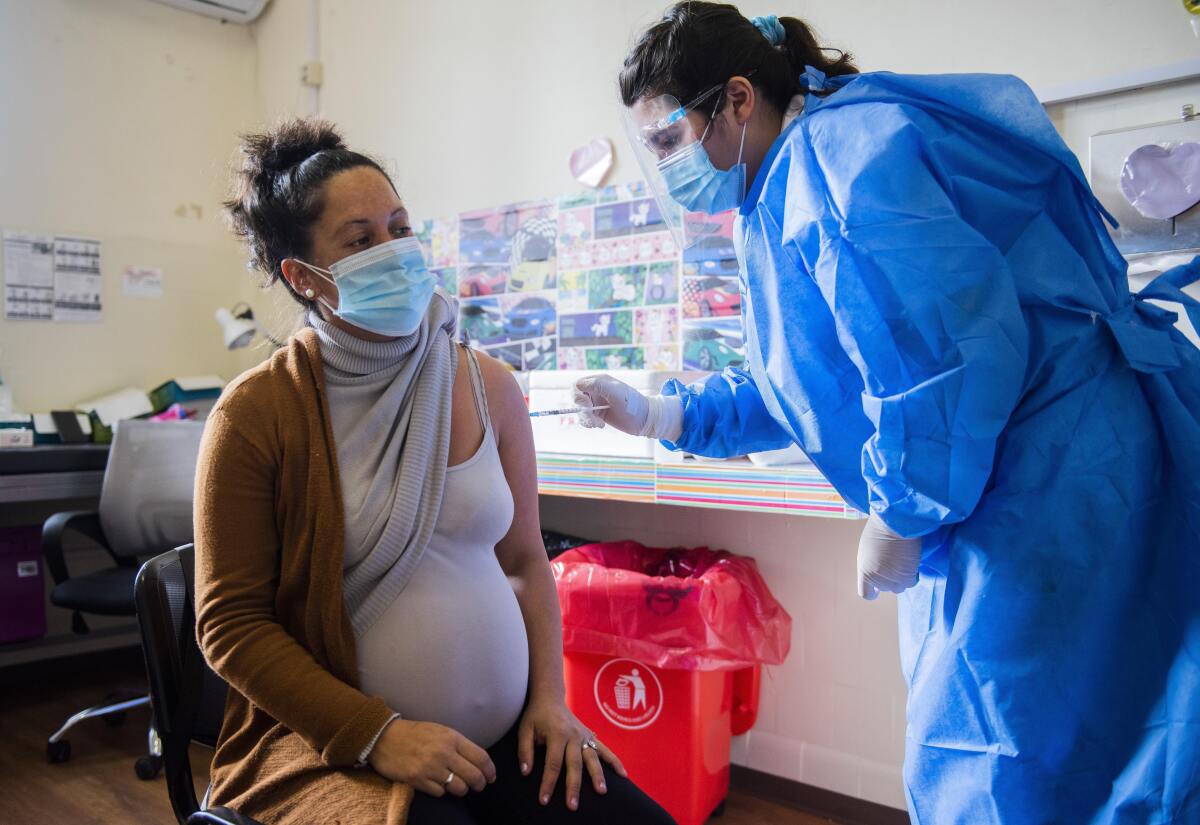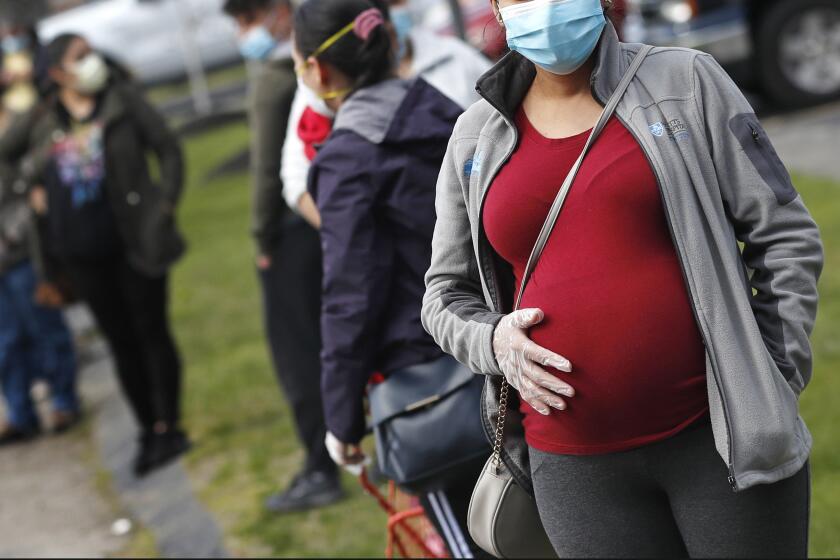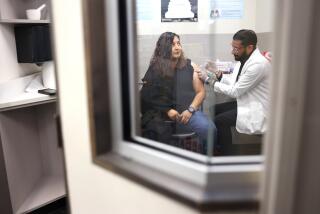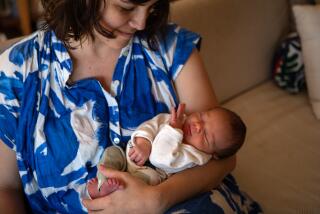Does getting vaccinated for COVID-19 affect my chances of pregnancy?

Do the COVID-19 vaccines affect my chances of pregnancy?
No. There’s no evidence that any vaccination — including the COVID-19 vaccination — influences your chances of getting pregnant.
Medical experts say there’s no biological reason the shots would affect fertility. And real-world evidence offers more assurance for anyone worried about their chances of conceiving: In a Pfizer’s study, a similar number of women became pregnant in the group that received the vaccination as in the group that got dummy shots.
Researchers are starting to study anecdotal reports of short-term changes to periods after the vaccination, but there’s no indication so far that the shots put fertility at risk, said Dr. Mary Jane Minkin, a gynecologist and professor at the Yale University School of Medicine.
The Centers for Disease Control and Prevention is urging all pregnant women to get vaccinated against COVID-19.
The Centers for Disease Control and Prevention and obstetrician groups also recommend COVID-19 vaccinations for pregnant individuals, who have a higher risk of severe illness if infected with the coronavirus. Research shows pregnant people who contract the virus are more likely to be admitted to intensive care, receive invasive ventilation and die than their nonpregnant peers.
The CDC also followed tens of thousands of pregnant women who got the vaccinations and found they had comparable pregnancy outcomes to pregnant women before the pandemic.
So whether you are thinking about having a baby, trying to conceive or undergoing fertility treatments, you should not delay vaccination, said Dr. Denise Jamieson, chair of the department of gynecology and obstetrics at Emory University School of Medicine.







